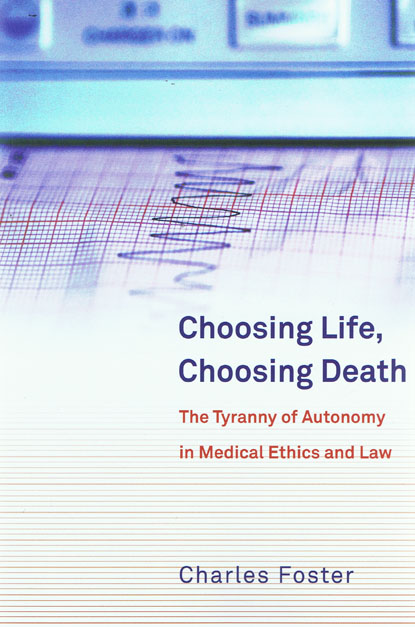
Autonomy is a vital principle in medical law and ethics which occupies a prominent place in all medico-legal and ethical debate. But there is a dangerous presumption that it should have the only vote, or at least the casting vote. This book is an assault on that presumption, and an audit of autonomy’s extraordinary status. This book surveys the main issues in medical law, noting in relation to each issue the power wielded by autonomy, asking whether that power can be justified, and suggesting how other principles can and should contribute to the law.
Its structure is broadly chronological. It starts before birth (with questions relating to reproductive technology and the ownership of gametes) and ends after death (with the issues relating to the ownership of body parts). On the way it deals with the status of the early embryo and the foetus, the law of abortion, confidentiality, consent, medical litigation, medical research and end-of-life decision-making.
It concludes that autonomy’s status cannot be intellectually or ethically justified, and that positive discrimination in favour of the other balancing principles is urgently needed in order to avoid some sinister results.